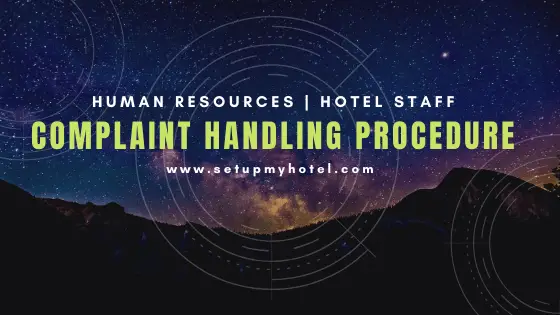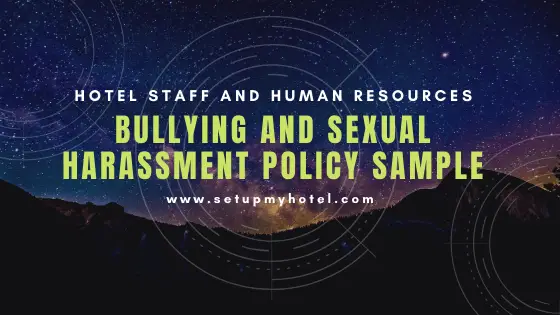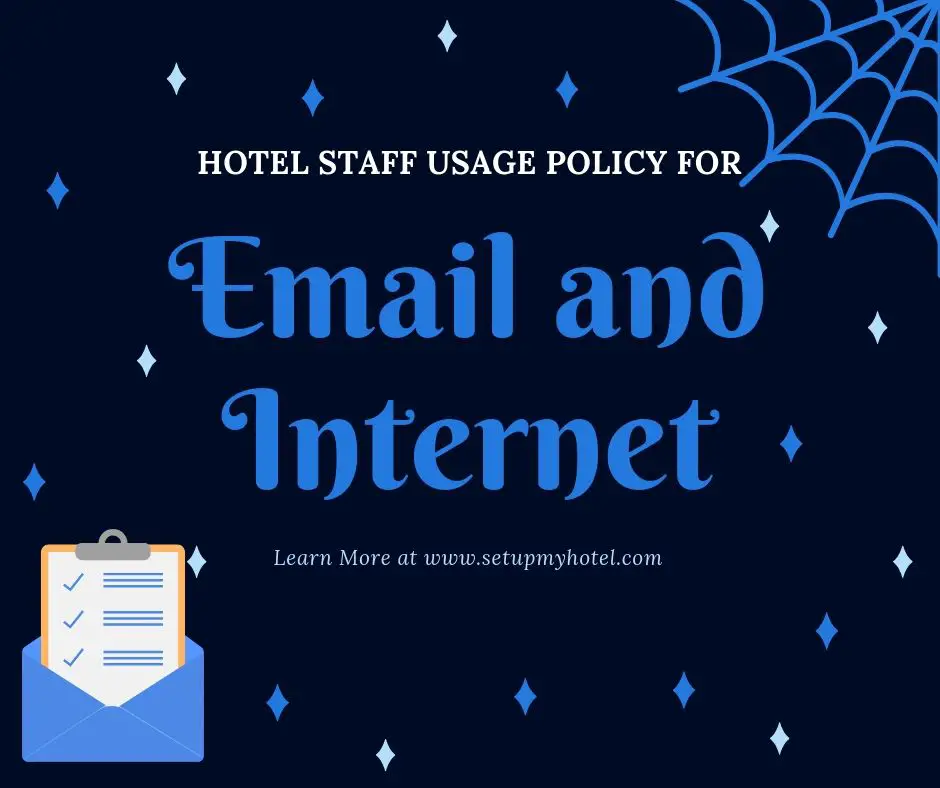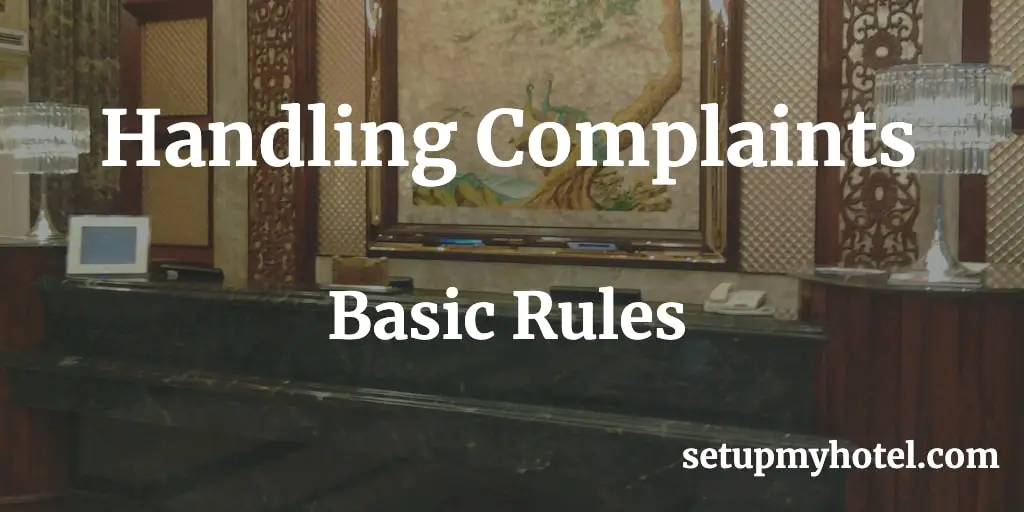HR – Confidentiality Policy Sample For Hotel Staff | Managers
![Confidential Information Policy Sample for Hotel Staff & Managers Working at [Hotel Name] often gives you access to information about the company, colleagues, guests, or business partners that should not be made available to the public. When we ensure that only the appropriate people have access to confidential information, and when we use this information the right way by our policies and the laws, we help protect our Company, and those around us, from harm. The details mentioned in the below form are the basis of a sample basic confidentiality policy. Always seek professional advice before implementing such a policy in your hotel and resort. This confidentiality policy is to be signed by the Staff Member and by the Human Resources Manager at the time of joining the hotel.](https://setupmyhotel.com/wp-content/uploads/2023/09/Confidentiality-Policy-Sample.jpg)
Confidential Information Policy Sample for Hotel Staff & Managers Working at [Hotel Name] often gives you access to information about ...
Read more
HR – Complaint Handling Procedure For Bullying And Sexual Harassment

Complaint Handling Policy For Hotel Staff Bullying and Sexual Harassment Formal Procedures for Handling Complaints: The outcome of the Complaint ...
Read more
HR – Bullying And Sexual Harassment Policy Sample Hotel Staff

BULLYING & HARASSMENT POLICY SAMPLE FOR HOTEL EMPLOYEES Bullying and harassment of employees, whether by colleagues or management, is a ...
Read more
HR – Sexual Harassment Policy Sample For Hotel Staff

Sexual Harassment Policy Sample For Hotel Staff As a hotel, we prioritize the safety and comfort of our guests and ...
Read more
HR – Hotel Staff Policy For Computer, Email And Internet Usage Sample

Hotel Staff Computer, E-mail, Social Media and Internet Policy Sample In today’s digital age, it’s important for hotels to establish ...
Read more
Management – Achieving Energy Savings With Lighting Control

How To Save Electricity With Smart Systems And Procedures? Saving Electricity in the Guest Room For new hotel construction, choose ...
Read more
Hotel Basic – Rules While Handling Guest Complaints

Hotel Basic Rules While Handling Guest Complaints There are reasons behind a guest complaint that we will never know. Things ...
Read more
Management – Hotel Checklist For The Preparation Against Storms/Cyclone/Flood

Checklist For The Preparation Against Storms/Cyclone/Flood Hotels located in areas prone to storms, cyclones, and floods need to be well-prepared ...
Read more
Management – Ways For Improving Hotel Green Policy

Ways for Improving Hotel Green Policy One of the ways that hotels can improve their environmental impact is through the ...
Read more
IT – Hotel IT Failure Emergency Action Plan / Contingency Plan (All Departments)

Sample Hotel IT Emergency Action Plan / Contingency Plan In today’s digital age, all businesses must have a solid IT ...
Read more









